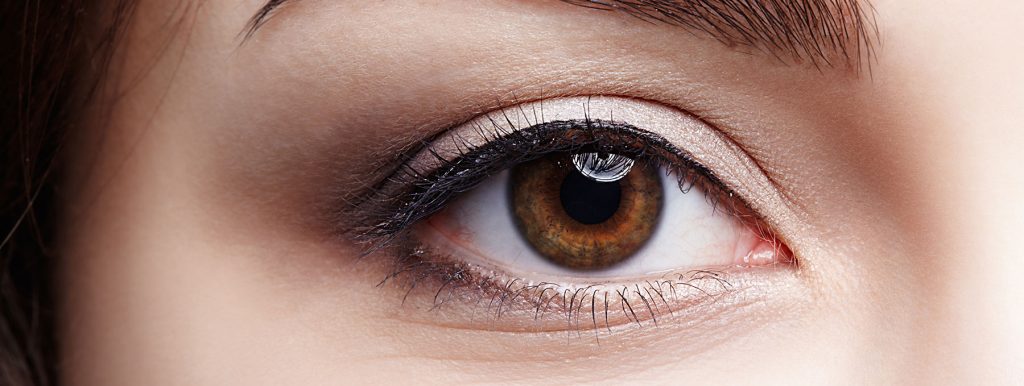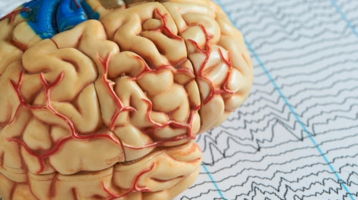Do you find that your mood varies with the seasons? Feeling a little down in the winter months is a common problem. Millions of people suffer from a disorder known as seasonal affective disorder. In this disorder, low levels of light in the winter can actually make people physically and mentally ill. Although there are […]
Too Much Dim Light Causes Cognitive Impairment
Light levels can have a profound impact on human health. Numerous studies have found that ambient light is a crucial factor in preventing the production of melatonin, a hormone associated with sleep. However, light may affect our brain in other ways as well. According to a new study, we simply may not think as well […]
The Light-Sensing Molecule That Helps Set Internal Rhythms
New chronobiology research has discovered a light-sensing molecule that may be partially responsible for our eyes’ ability to sense day and night. How do our bodies sense light? There are several things that we do know about this complicated topic. We know that our circadian rhythms are partly dependent on light levels in our environments. […]
Body Temperature Related to Level of Unconsciousness in the Brain Damaged
Body temperature reflects more than the weather outside. According to a new study, our temperature may be able to improve the recovery of people with brain damage. Humans are warm-blooded, which means our body temperature is controlled by our bodies rather than remaining the same temperature as our surroundings. However, we do not constantly remain […]
Circadian Lighting Improves Patient Outcomes in the ICU
New research suggests that circadian lighting in the ICU may improve the outcomes of these very ill patients, both now and up to a year after their hospital stay. More than 4 million patients are admitted to the ICU, or intensive care unit, every year. These units offer the one-on-one nursing care and high technology that […]
- « Previous Page
- 1
- 2
- 3
- 4
- 5
- 6
- …
- 8
- Next Page »









